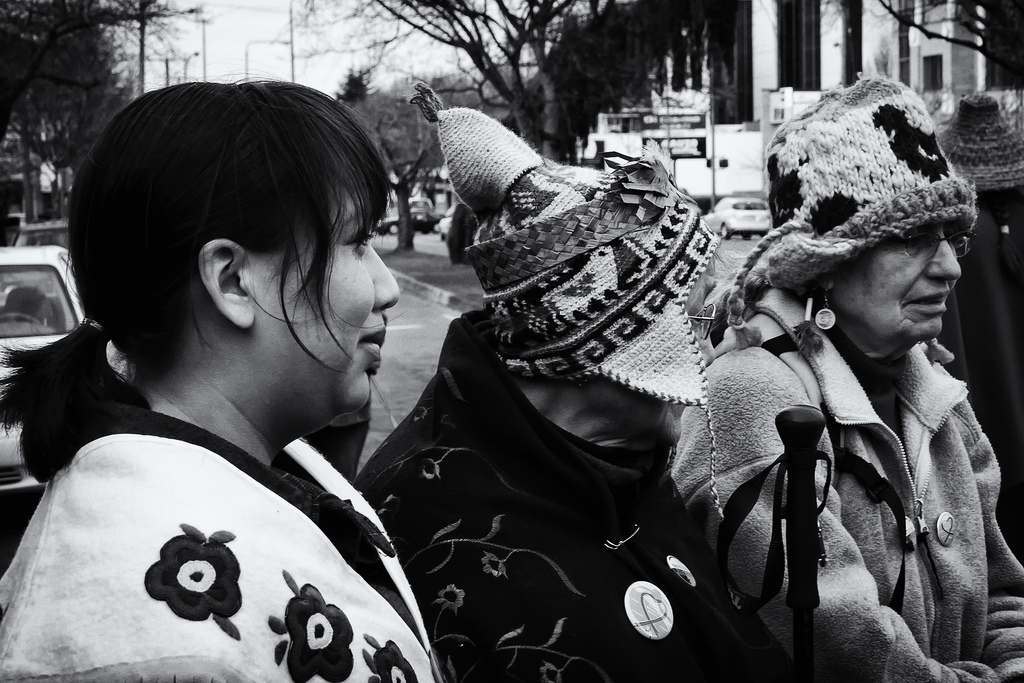Our stories are everything we are. Within every word, breath, syllable, and pause, our stories are our own. Our bodies are made of stories: between the bruises and scratches and the birth marks and moles. Our mother’s stories are held in our DNA. Our lives are an amalgamation of events and adventures, ups and downs, that begin to carve out the essence of us. We spend each and every minute of our days creating stories. With every conversation we are constantly constructing our own personal narratives.
With the recent deaths of Indigenous sisters being splashed across the headlines and calls for a National Inquiry into the astronomical amounts of missing and murdered Indigenous women and girls, the stories of Indigenous women are being created for us, and more often than not, these stories are not created by us.
There is a problem of homogenization. I’m not going to pretend that stories that include sex work, drug addiction and immense poverty are not a part of many Indigenous women’s lives, but the stigmatization around these aspects of stories is becoming a problem. We begin to enter a conversation of respectability politics, and start using arbitrary morals as measurement of the value of Indigenous women’s lives. The stories of tragedy and addiction work to devalue the existence of Indigenous women as a whole. When in reality, these stories are no more or less valid or important or respectable than any other person’s experience. Within mainstream consciousness there is a pathologization of Indigenous women’s existence, and by extension, a pathologization of Indigenous women’s lives. There is this idea, this underlying current to every news source that reports on our missing sisters, that their stories are the reason they are missing.
There is no room for Indigenous women’s stories to be told, to be honoured, to be witnessed. Where the colonial stories of Indigenous women are splashed across the screen, the stories of queer and Two-Spirit Indigenous peoples are barely even whispered. When was the last time you witnessed someone’s story? The story of their birth, their upbringing; the stories of their heartbreaks and soaring romances?
Too often we think that the act of listening is equal to the act of witnessing. Listening is passive. We can listen, however your ability to listen lets you, while making to-do lists in our heads, thinking of what we are going to have for dinner, or what we are going to say next. When we witness a story we are not only present physically, but emotionally and spiritually, to hold this story in our hearts. When someone tells us their story, that story becomes a part of us. When you witness someone’s story, be it a comedy or a tragedy, you are carrying a part of that person with you now. You have entered a very specific and powerful relationship that exists between the storyteller and the witness.
We need to, as communities, relatives, lovers, and friends, to stop listening and start witnessing the stories of our Indigenous sisters. We need to stop telling our sisters stories for them. We have to be prepared to hear things we may not want to hear, but we have to hold the good and the bad, with us. We have to carry each other, and more importantly, we have to carry and protect each other’s stories.
Image: Flickr/glassghost



